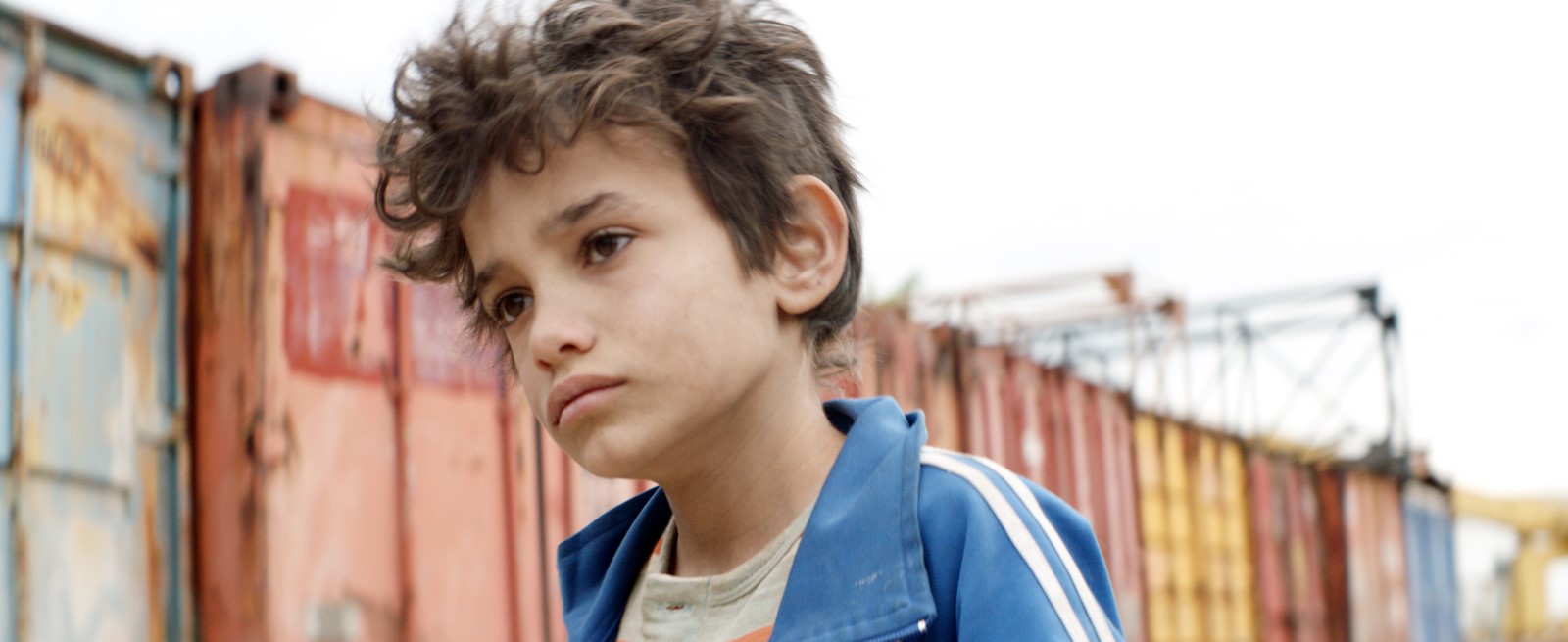In December, Capernaum (2018) broke ground by becoming the first Lebanese film to be nominated for Best Foreign Language Motion Picture at the Golden Globes. Although the prize was taken by Roma (2018), the nomination was a resounding success for director Nadine Labaki, solidifying her place in the world of film.
Set against a chaotic Lebanese backdrop, Capernaum is a heart-rending tale of child poverty and neglect—two issues that are extremely pertinent in the country’s current social climate. Labaki’s camera follows Zain (Zain Al Rafeea), a 12-year-old boy, as he runs away from home, navigating the Lebanese streets on his own and attempting to sue his parents for bringing him into the world.
The film handles topics such as child marriage, human trafficking, the struggle of being undocumented, and the modern-day realities of Lebanon with care. The on-screen relationships are powerful, making for emotionally raw moments that are particularly present in the dynamic between Zain and Yonas (Boluwatife Treasure Bankole), a baby boy who Zain takes care of when his mother disappears. Labaki’s storytelling maintains the childlike nature of Zain’s character as he looks after Yonas, while simultaneously displaying the maturity that such a daunting task requires of him. In a humorous moment, Zain exhibits youthful creativity, placing Yonas into a pot attached to a skateboard to use as a stroller. These tender moments of innocence—moments that remind the audience that Zain is just a kid—are then contrasted with the harsher realities of his circumstances, such as when Zain struggles to provide for Yonas and himself by selling counterfeit prescriptions of strong painkillers to adults.
Largely comprised of amatuer actors, Capernaum features a cast whose real-life stories closely mirror those of their characters. Most notably, Zain Al Rafeea, who portrays the main character of the same name, was a Syrian refugee working as a delivery boy in Lebanon until he was discovered by Labaki on the streets of Beirut. His character is charged with rage—rage that is largely directed at his parents. Al Rafeea’s on-screen presence is haunting, and he excels in embodying Zain’s tough exterior. As his sister Sahar (Haita “Cedra” Izzam) is ripped from his arms, Al Rafeea displays fury in his eyes so powerful that it could only be performed by an actor with his experience of the consequences of poverty.
In an interview with the Voice, Labaki explained that the suggestions the actors brought based on their first-hand experiences were incorporated into the film, regardless of whether they strayed from the original script. “Of course the fact that they have very similar experiences helps,” she said. “It was almost like research for me. It helped me find a balance between the real situation and my fiction.”
Despite having a phenomenal cast, Capernaum’s plot lacked focus. The film follows a non-linear narrative and is structured around the trial against Zain’s parents. The opening scene takes place in the courtroom, then flashes back to Zain’s chaotic life at home. However, combined with a minimal amount of dialogue, the shifts between these varying time periods confuse the audience as we lose track of the timeline of events. Flashing back to the court scenes disrupts the emotional buildup of Zain’s journey and would have been better placed solely at the end.
Labaki faced the difficult task of creating the beauty and power of movies like Slumdog Millionaire (2008) and Lion (2016). Both of these films were successful without relying on the tropes of “poverty porn” and its emotional manipulation. Like Capernaum, Slumdog Millionaire is structured around one specific moment, in that case, a game show. Labaki’s similar strategy with the courtroom seems unnecessarily complex.
Her directorial strengths, nonetheless, still manage to shine through. She is able to avoid turning Capernaum into a film that fetishizes poverty. Al Rafeea’s unforgettable performance allows for this, as he is able to create a distinct personality for Zain rather than portraying his character as simply a casualty of his circumstances. With this, the film remains an emotional powerhouse that touches upon the most horrific realities of poverty in Lebanon without using the audience’s guilt as a crutch. Capernaum is a film that calls for change without any of the overpowering emotional manipulation present in poverty porn.
“Not only as a Lebanese artist, but as a human being, I feel responsible to influence change in the way that I know best because I know my voice counts,” Labaki said. “My research helped me identify the problems, and the film helped me highlight them to viewers.”
The harrowing narrative of Zain’s journey successfully sheds light on the larger societal issues in Lebanon. Labaki’s storytelling is exceptional and is not without hints of humor and moments of levity, regardless of the film’s heavy subject matter. Despite its structural faults, Labaki’s seemingly effortless clarity of style, combined with stellar performances from the cast, create a piece that is both moving and painful.





